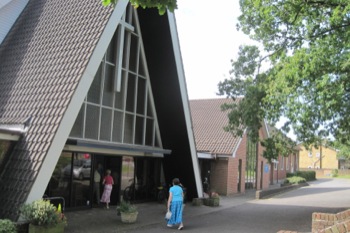Verse of the Day
Links
| Chandlers Ford Methodist Church, Winchester Road, Chandlers Ford, Hampshire SO53 2GJ | © Chandlers Ford Methodist Church. Registered Charity No. 1127449 |
| Chandlers Ford Methodist Church, Winchester Road, Chandlers Ford, Hampshire SO53 2GJ | © Chandlers Ford Methodist Church. Registered Charity No. 1127449 |


